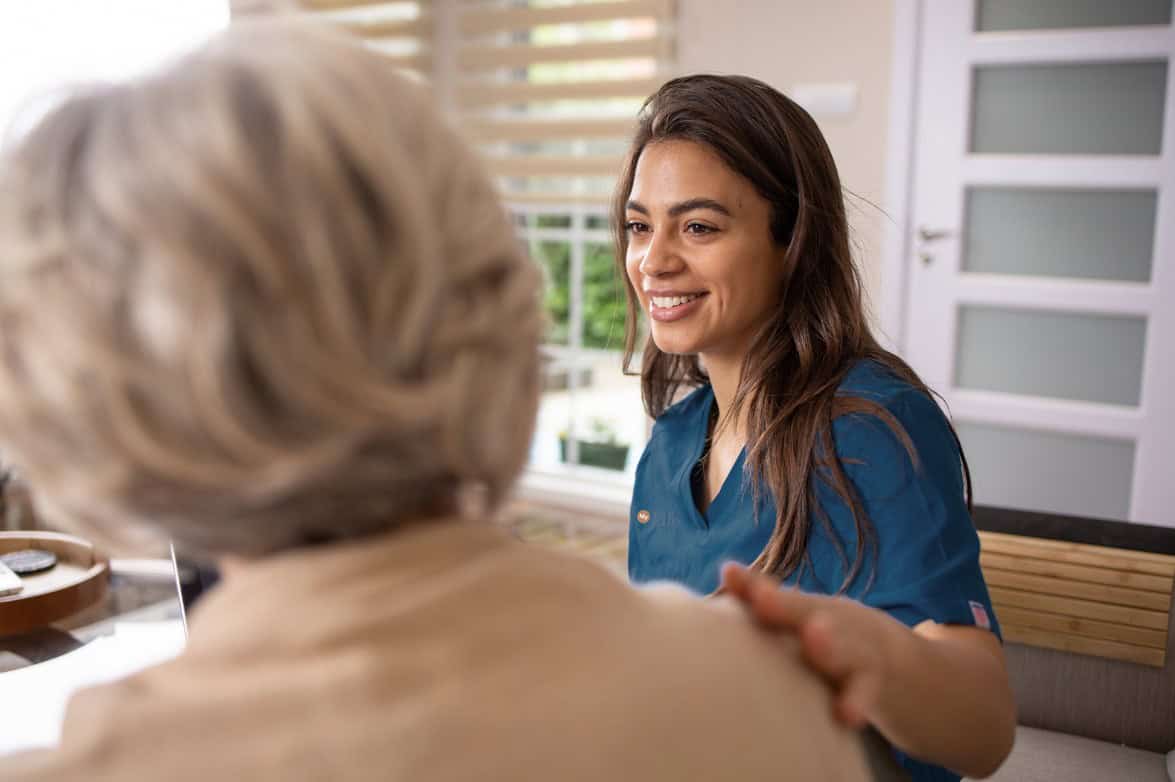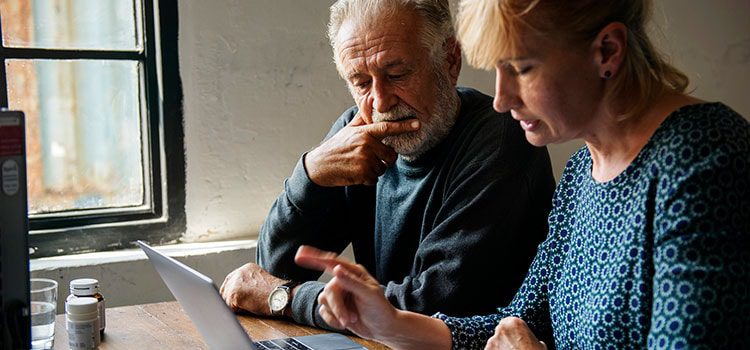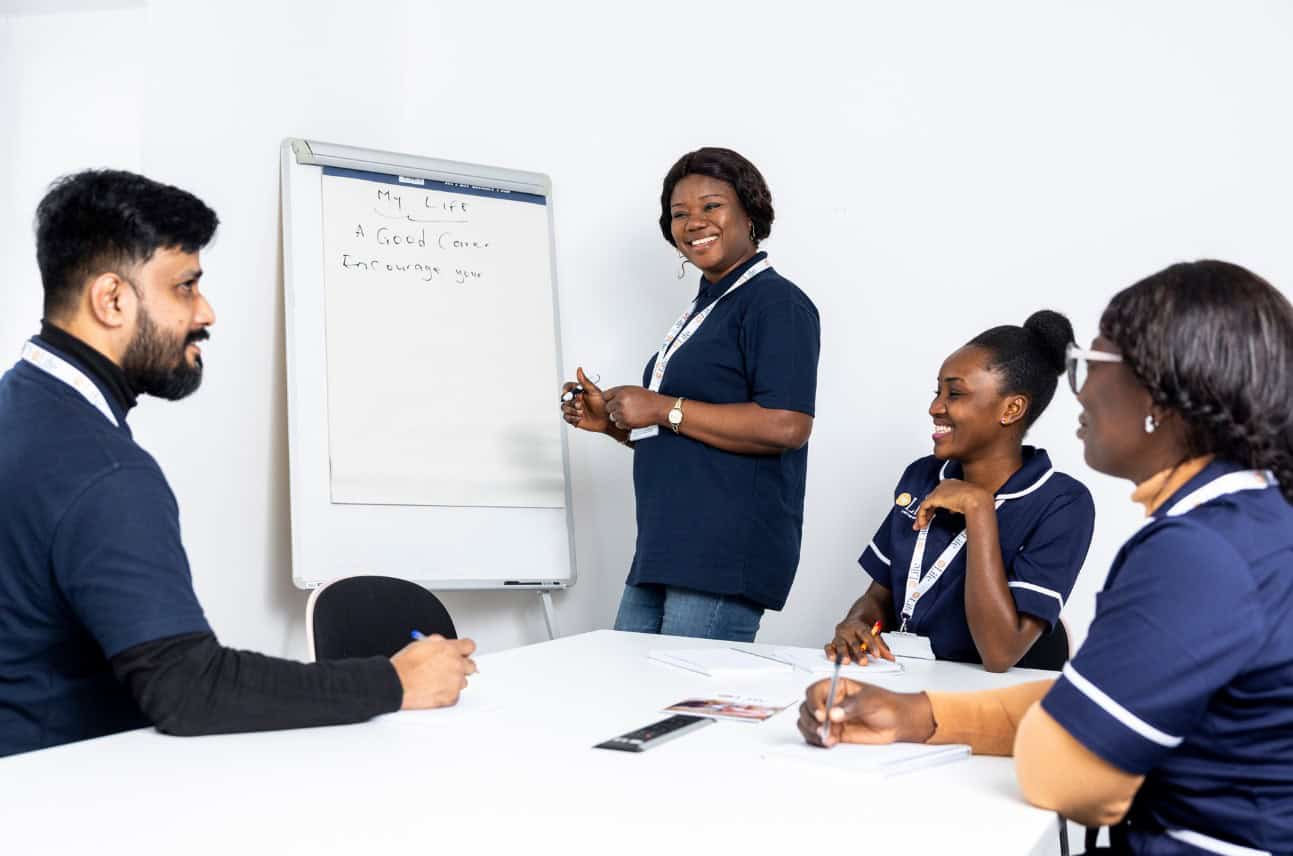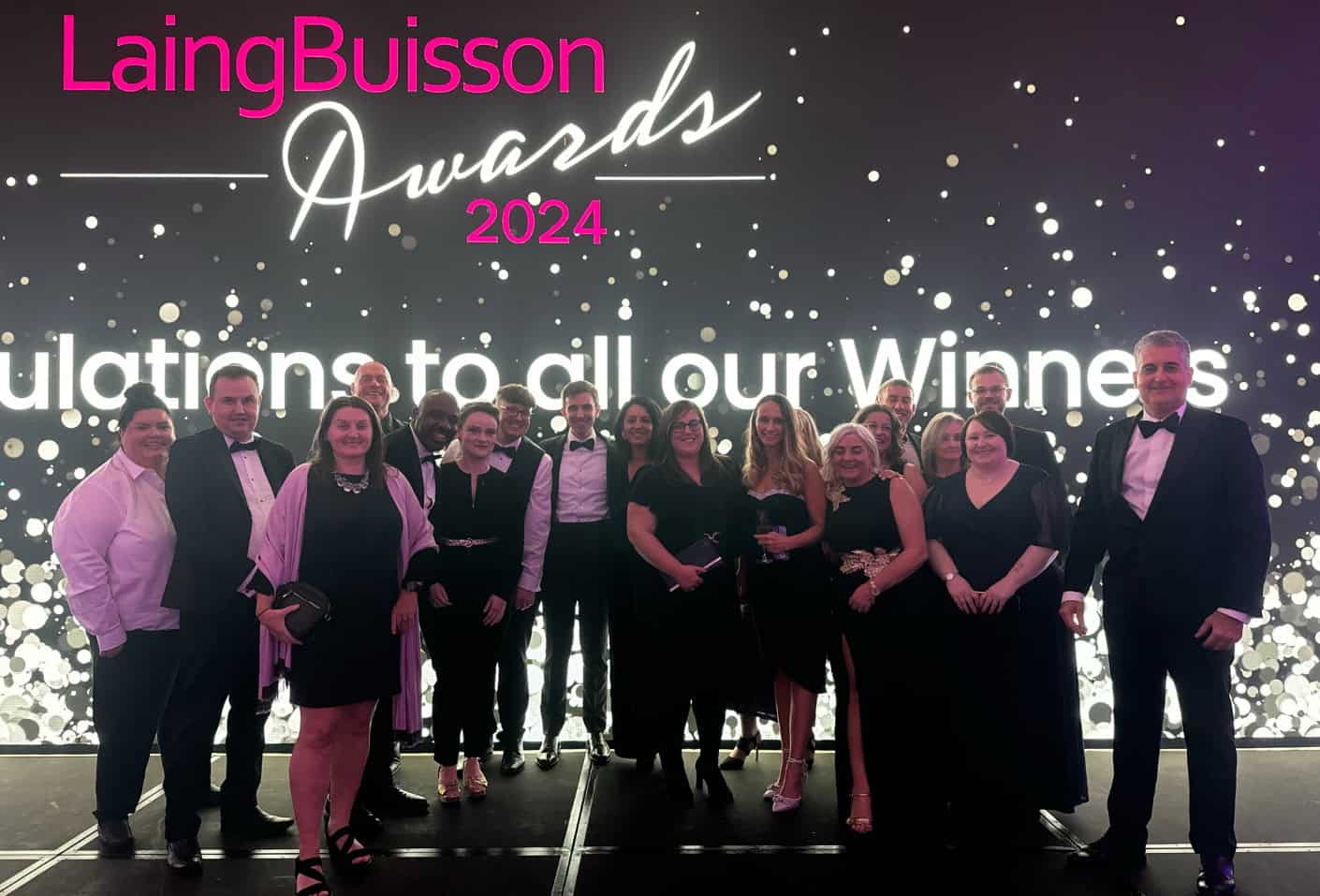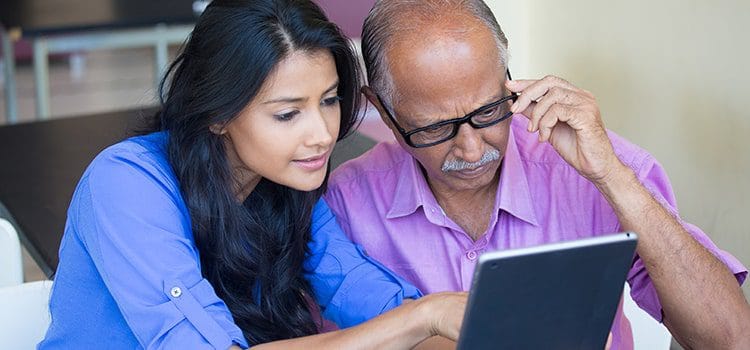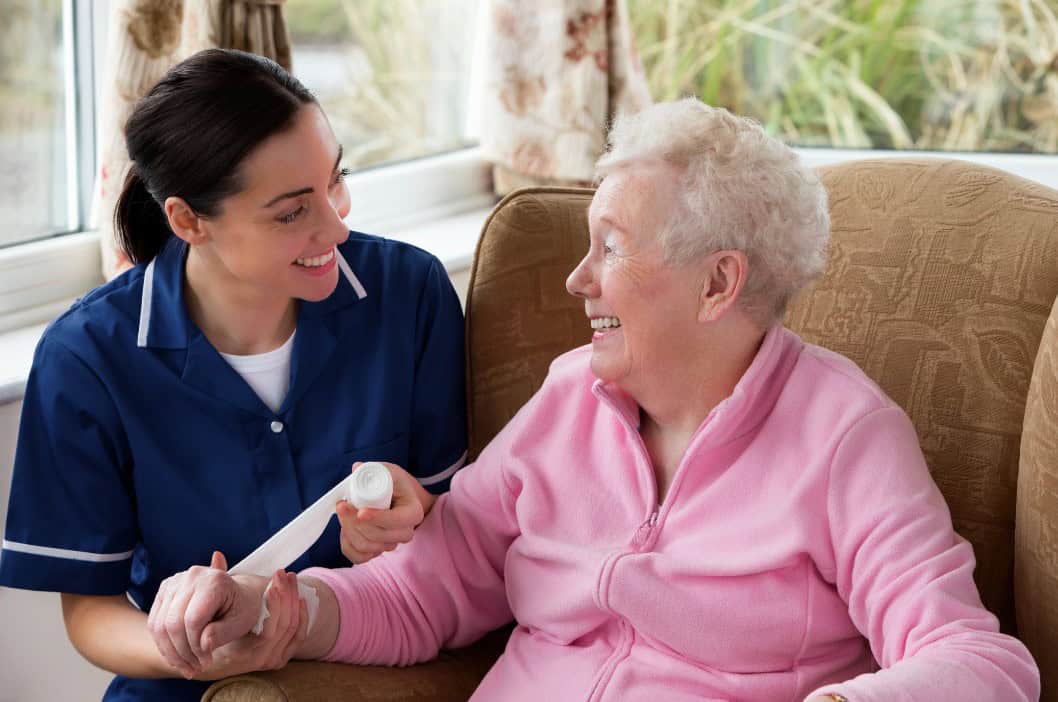Identifying ways to improve the lives of elderly people is important, and technology has come a long way over the course of elderly people’s lifetimes, and they have witnessed everything from the first man on the moon to the rise in a technology-dependent society.
Most young people find it effortless to use modern technology because they are used to it, and they have grown up with it. On the other hand, those that are older are generally more apprehensive to use modern technology. Some elderly people may not be able to understand the ways technology could benefit them, especially if they have never used a smart device or the internet.
Mobile phones
Although the younger generations are the most common users of smartphones, the older generation does make up a percentage as it is important for them to move away from traditional landline telephones.
Mobile phones are great for communication, and can improve the lives of elderly people dramatically with a wide range of apps that can help keep track of their steps, play games/puzzles and capture moments with the camera.
There are even more in-depth apps to keep the brain active and sensory apps for those with dementia.
Internet
The internet can seem quite daunting to those who haven’t experienced modern technology. However, the understanding of the internet can make a positive difference to an elderly person’s life and opens up a wide range of opportunities.
With an internet connection, elderly people can:
- Order their weekly food shop to their front door without having to strain themselves and leave the house.
- Play games online to keep their brain active.
- Access bank accounts, organise bills and move money without having to visit a bank in person.
- Watch a range of different tv shows and films through streaming services.
- Talk to family and friends via video chat.
- Talk to family and friends on social media and connect with new people.
The possibilities of the internet are endless and can make everyday life a lot easier for those who are older and struggle to leave their house due to physical exhaustion.
Tablets
Since the iPad was launched in 2012 tablets have become a popular device for households across the UK. They are essentially a mix of a smartphone and a laptop and are designed to pick them up and access the internet quickly instead of waiting for a PC or laptop to turn on.
Tablets are good for those who are elderly because:
- They have bigger screens and usually, those who are older have deteriorating eyesight.
- They have a range of good apps that go into even more detail than smartphones. They can also stream films and videos through some apps.
- They are generally more affordable than laptops or PCs.
- They come in a range of sizes and don’t weigh much so they are very portable.
If an elderly person owns a smartphone, then it won’t take long to learn how to use a tablet as they generally run on the same software if it is from the same company.
Fitness Technology can improve the lives of elderly people
Staying healthy and fit is important for elderly people because the healthier they are, the less chance they have of developing some medical conditions such as heart disease or diabetes.
Modern technology can benefit those who are elderly because there are devices that help monitor daily activity and track progress, like a smartwatch.
Some smartwatches can help elderly people to:
- Track daily steps and distance travelled.
- Track calories burned.
- Track heart rate.
- Track sleeping patterns.
- Contact emergency contacts if they fall over with fall detection.

